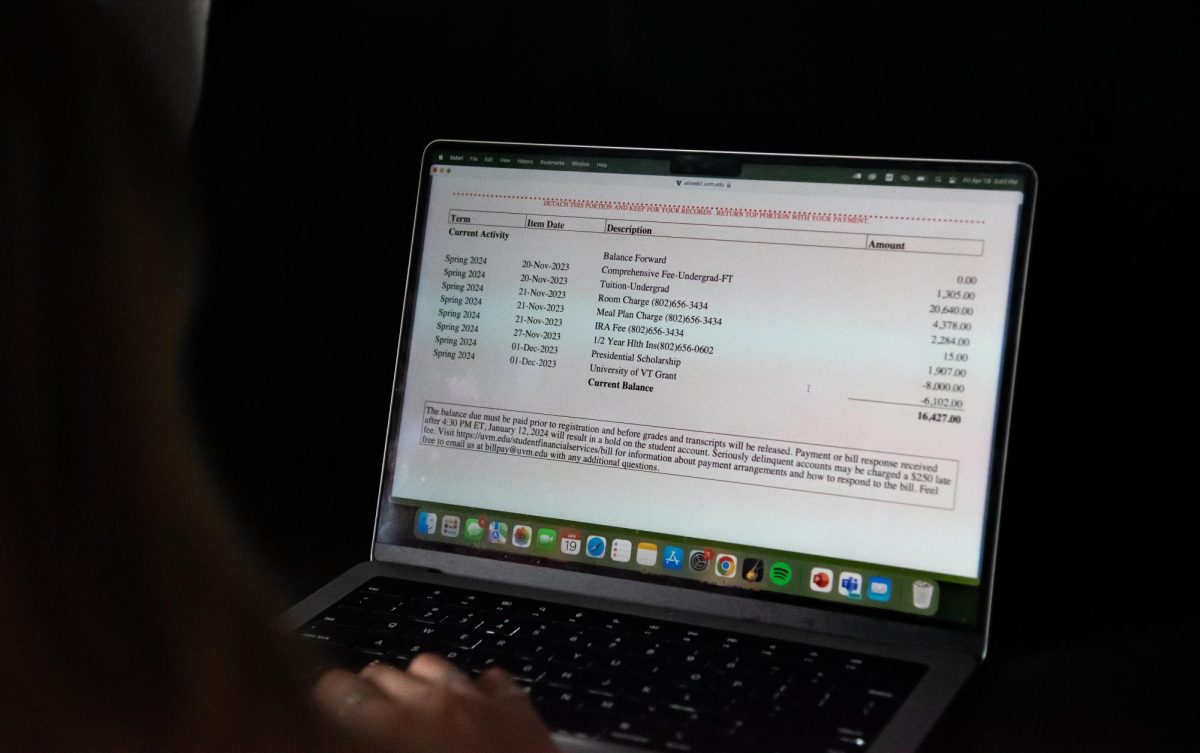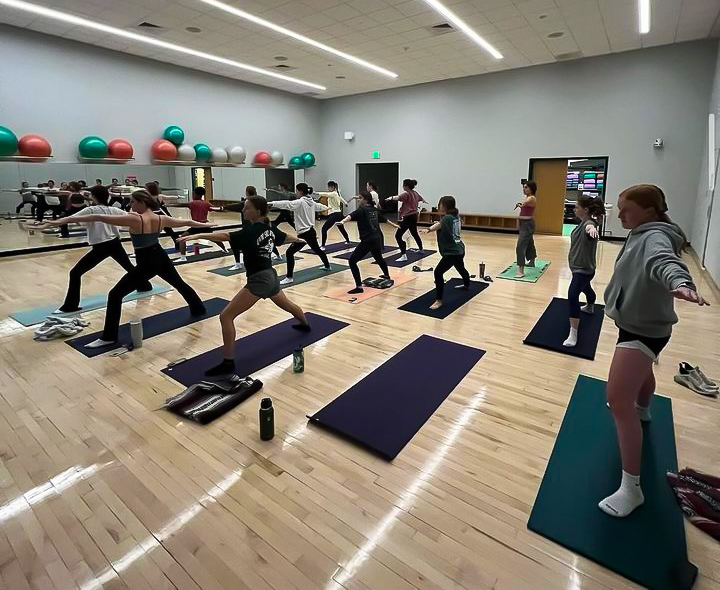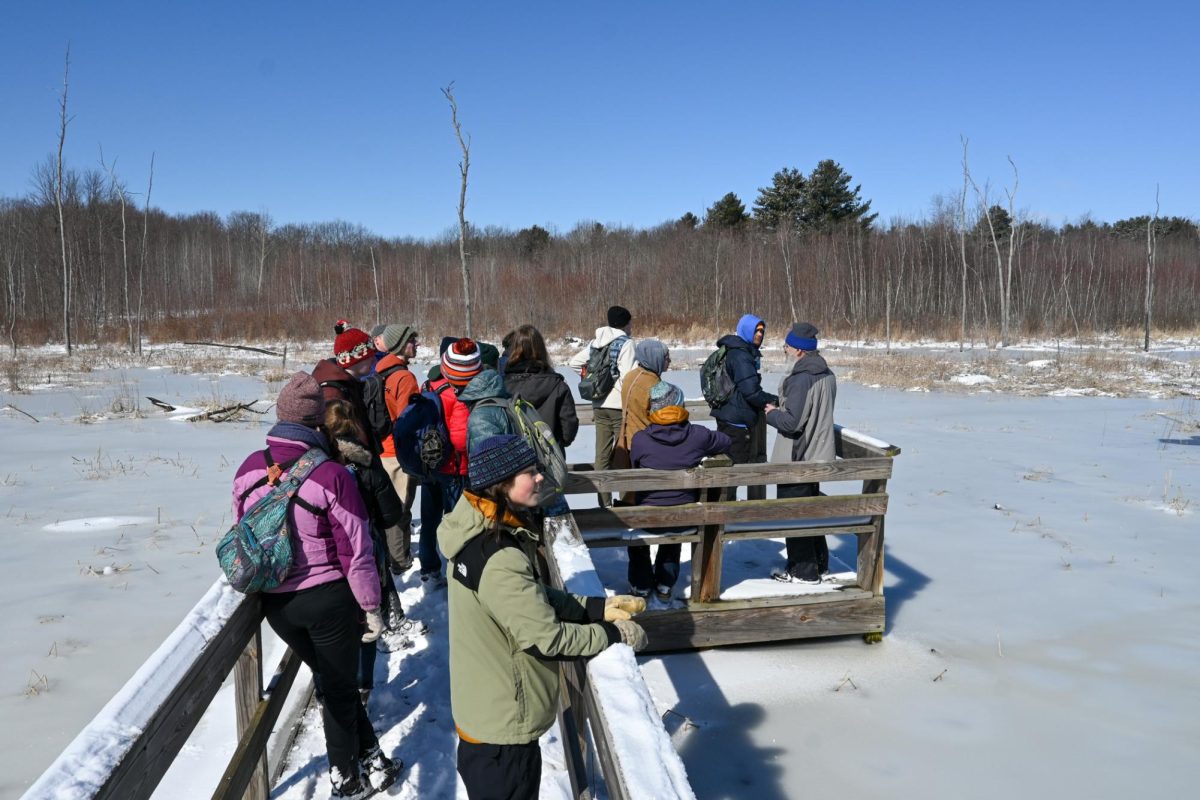Allegations of animal cruelty and fires have resulted in a shortage of slaughterhouses in Vermont, leaving the local food movement craving for meat.Recently, the Bushways Slaughterhouse in Grand Isle was shut down due to animal cruelty. The Vermont Agency of Agriculture Secretary Roger Allbee said in a press release that “the agency finds the alleged animal welfare practices disturbing and states that there is no excuse for the inhumane treatment of animals.” “These practices are not representative of the industry as a whole in Vermont and such actions will not be tolerated in our state,” Allbee said. “The agency is taking every action within its power to address the situation.”Fresh Farms, Inc., another slaughterhouse in Rutland, has recently been shut down due to a fire. This leaves less recognized slaughterhouses for Vermonters to procure locally produced meat from.While Craig Harrington, owner of Harrington & Sons Packing, said that they are not affected by the shut down of the Grande Isle plant, others have seen a rise in their business, which is already too much to handle.”We were exceptionally busy before then,” owner of Vermont Livestock Slaughter & Processing Carl Cushing said. “We did get some calls from people who had appointments [at Grande Isle].Cushing said that he too often has to turn farmers away because he cannot accommodate the amount of business his facility receives.”In what could be a major setback for America’s local food movement, championed by so-called locavores, independent farmers around the country say they are forced to make slaughter appointments before animals are born and to drive hundreds of miles to facilities, adding to their costs and causing stress to livestock,” a March 25 article in The New York Times stated.Brennan’s Pub and Bistro in the Davis Center boasts locally produced food on its menu, but the small amount of meat produced from Vermont’s slaughterhouses is not enough to provide for all those looking for regionally produced food.The main industry affected by the shortage is the dairy industry, according to Ron Krupp, local author of “Lifting the Yoke: Local Solutions to America’s Farm and Food Crisis.” Because of the lack of slaughterhouses in the area, local farmers are forced to ship their cattle to slaughterhouse facilities farther away in New York or Massachussetts, according to Krupp.Perception of slaughterhouses also affects the industry, Krupp said. “[The shut down of the Grande Isle slaughterhouse has] been in the news a lot; that certainly did not help the perception in Vermont of how cattle are slaughtered,” he said.”We’re not very popular, slaughterhouses,” Cushing said.Krupp indicated not only a lack of slaughterhouses in Vermont but a lack of qualified butchers as well.”You don’t just set up a slaughterhouse … without qualified people,” Krupp said.Sophomore Courtenay Allen, one of the many vegetarians and vegans on campus, said that although she does not agree with the practice, she knows that if people want to eat meat, they will, and the production of that meat should be done right.The University of Vermont Beef Program, part of UVM Extension, “teaches ways in which to produce safe, wholesome beef at a profit, and in ways that are environmentally sound,” according to the program’s website.There are approximately 2,000 dairy and beef producers involved in the program, according to the website.”I am no longer with University of Vermont Extension, and I have little good to say about the administration within UVM Extension with respect to being supportive of Vermont livestock farming,” former beef livestock specialist of UVM Extension Sam Comstock said.Comstock said that it is too early to determine what the impact of a new slaughterhouse facility in Westminster will be.”The current status is the existing slaughterhouses are raising prices and offering mediocre service,” Comstock said. “Some are better than others. I hope this new slaughterhouse shakes things up a bit and adds a level of competition, resulting in an increase in quality of service.”Krupp, however, said he is doubtful of this. “I’ve already heard some complaints about the quality of the butchering [in the new slaughterhouse],” he said.Solutions to this problem are hard to come by, Cushing said. “Money is a big thing, providing grants and loans to small businesses that want to set up a slaughtering and butchering operation,” Krupp said.The Vermont Agency of Agriculture has devoted resources to increasing the amount of slaughterhouses in Vermont, according to Comstock.The Northeast Organic Farming Association of Vermont has held meetings to discuss possible solutions to the issue as well.The Farm to Plate Initiative Summit was held on Saturday, April 9 in Rutland. The purpose of the summit was to quantify market potential of local food, especially in processing and storage infrastructure, which includes meat production, according to the Northeast Organic Farming Association of Vermont.












